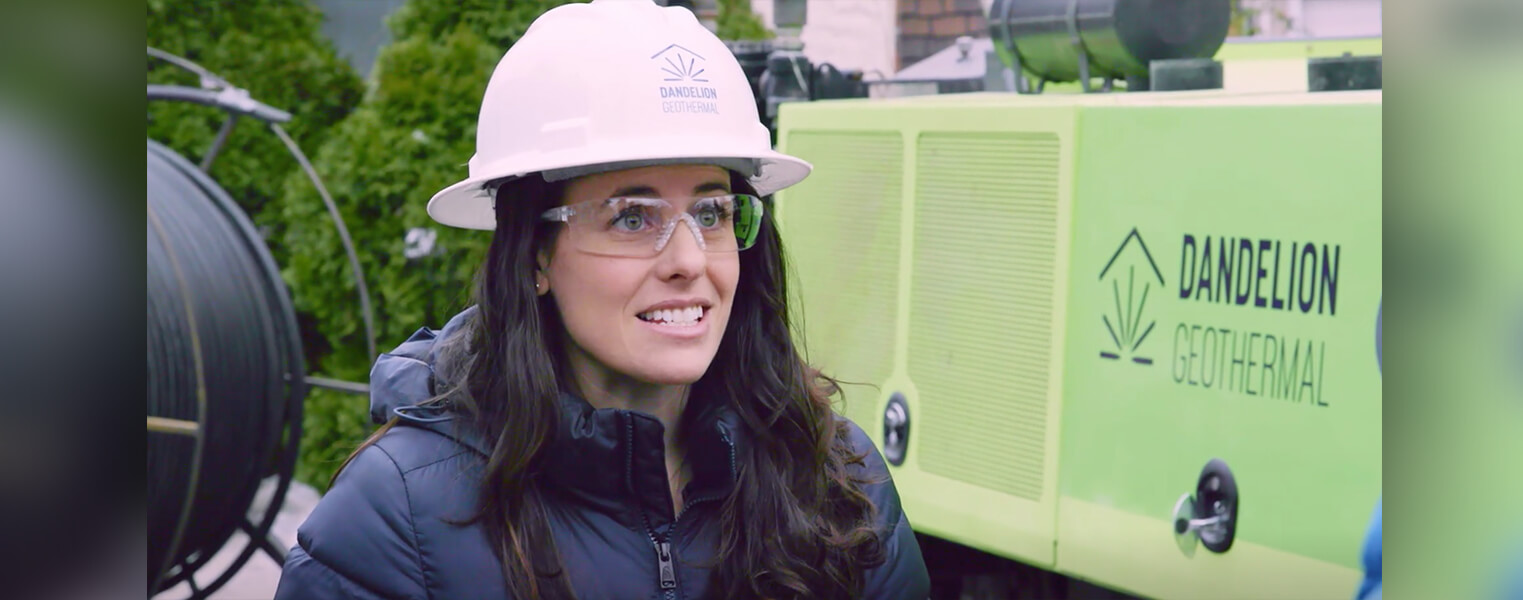From Google X To Startup Founder
One woman in STEM’s transformational leadership journey.
The unusual start of my career working as a product manager at Google X (now X Development LLC), Alphabet Inc.’s “moonshot factory”, gave me the formative professional experience of working with a cadre of talented people in science, technology, engineering and math who were encouraged to be wildly creative, well beyond what is typically acceptable in business. I saw the immense value in this: X was able to hire very accomplished people quite easily because who wouldn’t want to work for a place with vast resources and a mandate to come up with novel ways of making the world a better place?
That said, I also witnessed some challenges. A lot of what is commonly held as true, is not true, and uncovering those mistaken assumptions is in many ways the basis for progress. Masters of creativity are able to parse the difference to distinguish the wisdom of how things are done today from the folly, and then innovate accordingly.
At X, I was focused on finding opportunities to combat climate change. While I evaluated dozens of ideas, heat pumps stood out because heating in buildings generates about 10% of greenhouse gas emissions in the United States, and there is much less innovation than in other renewable technologies such as electric vehicles or solar. From a technical vantage point, it was clear that heat pumps were the best approach for eliminating these emissions, and the more I studied the business, the more it seemed like it was ripe for innovation to make heat pumps less expensive and easier for homeowners to purchase.

After prototyping the product and analyzing the market at X, we reached a decision point: did it make more sense to keep the business within X or spin it out as a standalone startup? I had worked at Alphabet pretty much since graduating from college. I didn’t know first thing about starting a business, or anything that would entail including fundraising, setting up our business systems like accounting, or selling systems to homeowners.
But while the prospect of venturing out of X as an entrepreneur was intimidating, I also saw it made sense. The challenge we were taking on—installing geothermal heat pumps in customers’ homes in the Northeast—had almost no overlap with Alphabet’s core competencies and was centered in an entirely different geography. I also saw the power of aligning employees’ incentives with the business, which would happen if we were a startup and had equity in the business. And I knew that the scarcity in resources startups have to contend with forced a focus and pragmatism that could actually hone creativity. Despite my misgivings about how difficult it would be, we decided to spin the company out—we called it Dandelion.
That was in May 2017. Three and a half years later, we’ve served hundreds of homeowners, raised over $35 million in venture capital from top-tier firms, and put geothermal heat pumps on the map as a technology with huge potential to decrease emissions. A lot has changed for me in that time too: I married just before leaving Alphabet to start Dandelion. Since then, my husband and I moved from California to New York, had two children, and COVID-19 has upended life for us and everyone else in the world.
Starting a company was far more difficult than I had imagined, even though I’d known it would be difficult. The stress of feeling responsible for customers, investors and employees was overwhelming at times. There were so many investor meetings that went poorly. We faced challenges with manufacturing, sales, hiring and firing. In the early days, the threat of going out of business loomed over us constantly. Facing this pressure caused me to work harder than I ever had before, and that effort ultimately translated into fast progress for Dandelion and fast personal development for me.
Three and a half years in, I am a very different leader than I was at X. I place a greater value on focus. I am more direct with people. I am more confident in my own judgment. However, what hasn’t changed is my understanding built at X that much of what people assume about the world is incorrect. We lean on this every day at Dandelion, reconsidering our own assumptions about how geothermal systems work, and what we can do to build them better.









